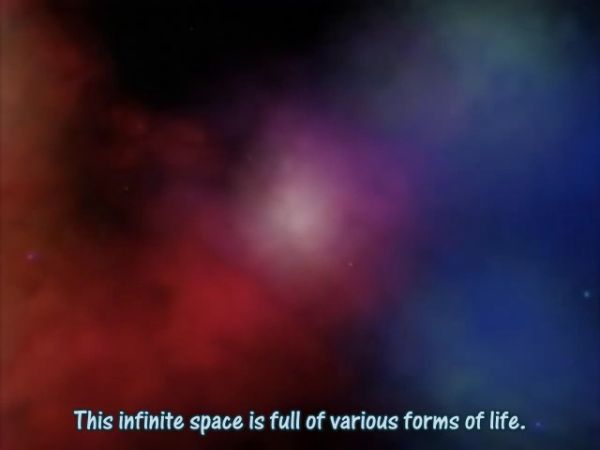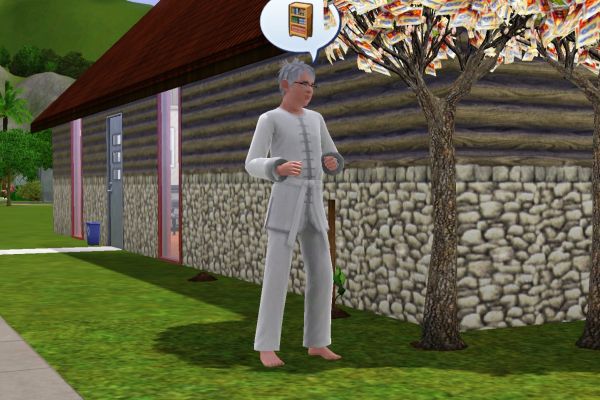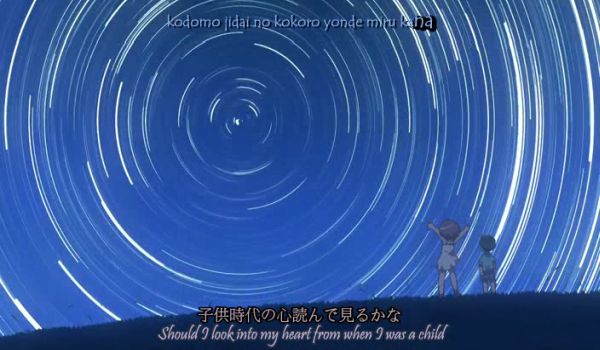
“God, please just overlook what I do tonight!” That’s a perfect case of what I mean. But even if God overlooks it, we must not. This is the paradox.
I have not read in Gnosis I – the Exoteric Cycle since the day I discovered his teachings of the three time dimensions. I probably will again, given time, but I haven’t. Yet the scent of it lingers. Looking at my own entries from before I read it, I recognize bits and pieces that people usually don’t say, but that I and Boris Mouravieff do say, and somewhat similarly. It is rather weird. Boris Mouravieff is rather weird, if I may say so. He seems a bit outside consensus reality, even for an esoteric religious person. That does not necessarily mean he is crazy – it could be that the rest of us are crazy. Or it could simply be a different angle, as I like to think it is with me.
Take for instance the fact that our personalities are kaleidoscopes.
I was just a fairly small boy when I got my first toy kaleidoscope. It was a simple thing: A tube of cardboard or plastic or some such, with a simple lens at the eye end, and at the other end a part made of small mirrors and pieces of plastic. I held it up toward a light source, and the image of the small colorful pieces was reflected in the mirrors, causing a symmetric picture. Being human, I liked symmetric pictures. And being a child, I liked them being in bright colors. Also, being a child, I broke it eventually. I am not sure if I ever saw another. But the memory remains, even if vague.
Whenever I wanted a new picture, I would only shake the tube slightly, and the pieces rearranged themselves, causing the whole mirrored image to change beyond recognition.
The human mind really is like that, isn’t it? Just as Mouravieff says. Although I won’t vouch for his mathematics showing that there is just under 900 combinations in each and every human personality. If you are curious about the math, I’ll look it up, but that is not the point. The point is, I have written about this too, although not in those words.
What I have written about is the science of “hot” and “cold” mental states. This is not my invention, definitely, although I have observed them for many years now in my own life. Cold states are those in which we think rationally, and we usually have a fairly stable personality during all our cold states, although they can certainly differ too: Work is usually one such cold state of mind, perhaps the coldest of them all for most people. Most also spend the greater part of their home life in such stable states of mind, I like to think, although they may feel and act different from their job persona. (I tend to forget job-related things when I go home, unless I send a mail to myself. But I can very confidently predict how I will react, and I will keep an appointment if I can remember it.)
Hot states are usually set off by basic instincts: Lust, fear, anger or disgust. They are different from the cold states in that it is hard to predict what you will do in them, and it is hard to keep promises from one state when you are in another. This also holds true between different hot states: A promise made in fear may be extremely hard to keep while in lust, or the other way around. But also between hot and cold: People may honestly believe they would put a raw earthworm in their mouth for a week’s pay, but faced with the actual earthworm, they find that it is just too disgusting, their body decides to forget their resolution. There are about 5% who do take the earthworm though. These are the people you need in your military, send the others home. But that’s beside today’s point.
Today’s point is, we are kaleidoscopes. When we are shaken, our configuration changes, and we show a different picture for the duration. Our psyche consists of several pieces or parts, usually working together in a particular configuration that we tend to think of as “me”. But when shaken, either by an earthworm or a sexy person, one or more pieces of our psyche are “swapped out” for other pieces that fill the same spot, and the appearance of the whole becomes strikingly different.
Intriguingly, people here in the Nordic countries are less completely transformed by lust, by and large, than our immigrant population. I think this is because sexuality is more openly accepted as an integral part of life here, and so there are more connections between that part and the everyday parts of the psyche. We are able to think about sex in our cold states, as seen by people talking about it without breathing heavily or anything. So it takes more to cause a swap-out which puts lust in the driver’s seat. For many of our male immigrants, seeing a woman in scant or tight-fitting clothes is enough to make them behave like insane monkeys, while for us natives it is more of a gradual bending of the compass needle of the mind.
Be that as it may, it is clear from direct observation of myself and others that we as a natural personality are not a pearl of great price, but the broken shards of a kaleidoscope. When shaken, we change into something different, sometimes even into something that is hard to recognize.
Insofar as there is in us such a pearl, an indivisible and unchangeable part, perhaps it is better sought in exactly the part of us that watches the kaleidoscope and observes the shifting of its pictures.
A great mistake, so it seems to me, is to want “closure” when we observe in ourselves such shifts which we do not approve of. This is particularly the case with larger shifts, of which you can hear people say: “I don’t know what possessed me”, “I was not myself”, “this is not me”. That is nice, that we have higher aspirations than what we at all times can maintain. But it is important to accept the difference between “this is not the whole of me” versus “this is not me at all”. In the latter case, we seek closure. I am not sure that is a good idea.
For a Christian, for instance, to have been forgiven is often taken to mean closure. If God and men (or even, hard as that may be, women) have forgiven us, then It Didn’t Happen, right? Well, I don’t think so. To quote (for the Christian, specifically) 2. Peter 1:9, “But whoever does not have them [i.e. the virtues] is nearsighted and blind, forgetting that they have been cleansed from their past sins.” To turn a blind eye on the parts of one’s kaleidoscope that don’t match our prettier aspiration, or at least to only perceive them fuzzily, is associated with not developing the qualities expected of the believer.
When some religious people are called “observant”, it is understood that they observe the precepts, the teachings of their religion. But it is also requested that one observe oneself, as the early Christians were told: “Pay attention to yourself and the teaching, keep at it; for when you do so, you shall save yourself and those who hear you.” (1.Timothy 4:16.) As it happens, this is a core tenet of Buddhism as well – the teaching of self-reflection as a saving way.
So, to the extent that we can do so without triggering neurological disorders, I believe it is to the best that we keep watching the kaleidoscope of the mind, until we have become thoroughly disillusioned about using its shifting sands as a foundation. It is not easy, but I keep trying.










